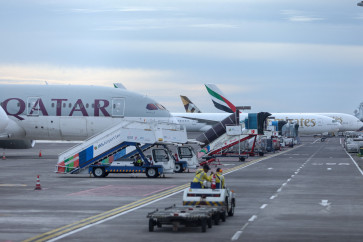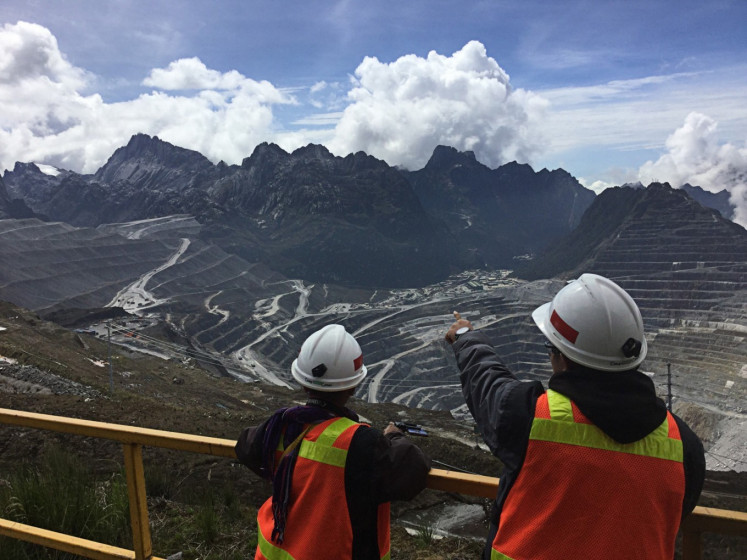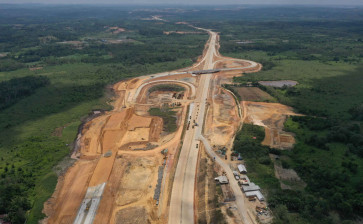Popular Reads
Top Results
Can't find what you're looking for?
View all search resultsPopular Reads
Top Results
Can't find what you're looking for?
View all search resultsDoes relocating capital city make financial sense?
The idea to relocate the capital of a nation is not uncommon. In the last century, at least 30 countries have relocated their capitals. Some have been successful; others failed. There are some lessons to be learned from other countries’ experiences in relocating their national capitals.
Change text size
Gift Premium Articles
to Anyone
P
resident Joko “Jokowi” Widodo has officially announced the movement of the capital city from Jakarta to the East Kalimantan regencies of North Penajam Paser and Kutai Kartanegara. The government will prepare 180,000 hectares of land for the new capital, to be built on 40,000 ha of land.
The remaining 140,000 ha will be developed further for the new city’s expansion, including green and open areas. About Rp 466 trillion (US$32 billion) will be needed for the whole project, of which 19.2 percent (Rp 89.4 trillion) will be covered by the state budget and the remaining Rp 376.6 trillion by private investors under public-private partnership schemes.
The idea to relocate the capital of a nation is not uncommon. In the last century, at least 30 countries have relocated their capitals. Some have been successful; others failed. There are some lessons to be learned from other countries’ experiences in relocating their national capitals.
First, the right decision-making process requires public participation in very democratic ways.
Second, a decision to relocate must be based on a sense of need and not on desire. Third, good planning and proper implementation are necessary. On top of that, the country should experience good economic performance for some period of time so that government has fiscal room to accommodate the costs of developing a new capital.
The lessons learned from Brazil show that its new capital, Brasilia, has now developed into a beautifully well designed city but is surrounded by new slum areas. That is because its planning and implementation did not take into account the needs of all groups of society who want to live in the new capital. Another example is Putrajaya, which until now is still only the center of government administration.
However, most Malaysian civil servants still live in Kuala Lumpur since their families live there. Moreover, the two cities are just 25 kilometers apart.


















